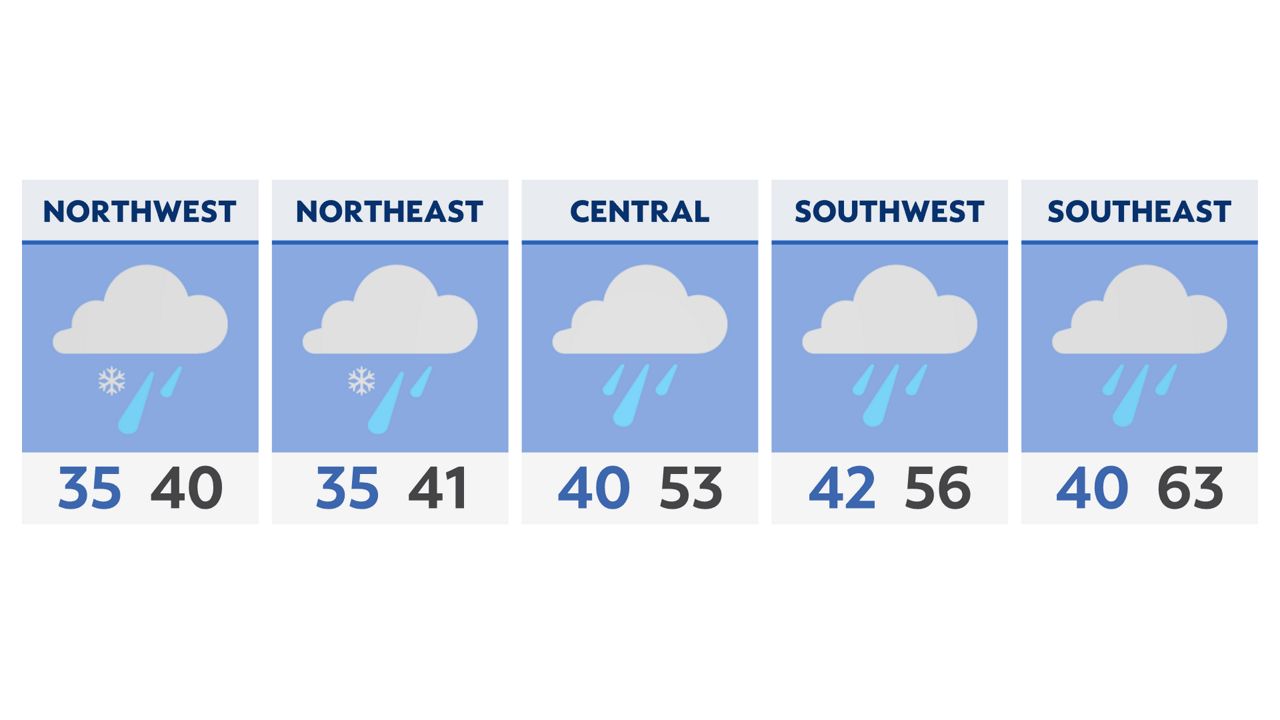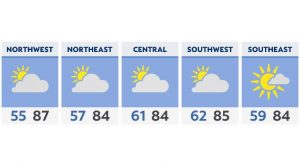COLUMBUS, Ohio — The dairy industry has seen multiple issues, including increasing milk prices as well as other challenges within the industry. Consolidation is another issue being dealt with by dairy producers.
One example of consolidation may be seen in Canton. The Michigan Milk Producers Association or MMPA, said it’s acquiring Canton-based Superior Dairy.
Spectrum News 1 agriculture expert Andy Vance said the deal is typical of the similar type of deals and transactions seen in the dairy industry in the past.
“Where you’ll see one cooperative or processor of milk and dairy products acquire another, merge with another one, this is very typical of mature industries in general,” Vance said. “You can think about the number of industries that are out there, how many automobile manufacturers are there, how many jetliner manufacturers are there and so on. When you have a mature industry, it is only logical that the players will eventually consolidate. They will get larger and there will be fewer of them. And that’s what you see in the dairy space.”
Vance said the consolidation is an example of a farmer-owned cooperative acquiring a nearly 100-year-old family-owned processor of milk in Ohio, so the cooperative that’s already operating in four states is now going to get even larger, and serving the farmers in its four-state footprint.
The MMPA reported it plans to manufacture dairy throughout its serviced states, including Michigan, Ohio and Indiana, employing a team of more than 600 people and servicing dairy farmers across the Great Lakes region.
The merger with a cooperative may prove beneficial to the farmers involved.
“In a lot of ways, cooperatives have some advantages. Farmers tend to benefit from cooperatives because the profit motive, in other words, is to make the farmers profitable, not the cooperative profitable,” he said. “That doesn’t mean that the cooperative isn’t profitable, but it returns its profits back to the members in the form of what’s called patronage, usually at the end of the year. So the flip side of that is you’re taking a competitor out of the chain.”
Vance said two different entities competing might pay more to farmers for milk, but milk pricing gets complicated because of the federal milk marketing order system, though there are trade-offs.
“In other words, where on one hand, farmers may benefit because of the cooperative nature of the ownership. On the other hand, maybe that’s one fewer participant who might be bidding up the price of milk, in this case,” he said.
Acquisitions, like the one with MMPA, is something Vance said should be expected to continue in the future.
“It’s just really the nature of market economics. When you have mature industries there, the trend will be for fewer players getting larger. That’s just what you see across industries. And agriculture is a very mature industry,” Vance said. “And we’ve seen this in other sectors of agriculture, not just dairy processing. And in fact, we see it at the farm level, too, where you have fewer farmers getting larger. Again, just the nature of mature industries and the economy.”




